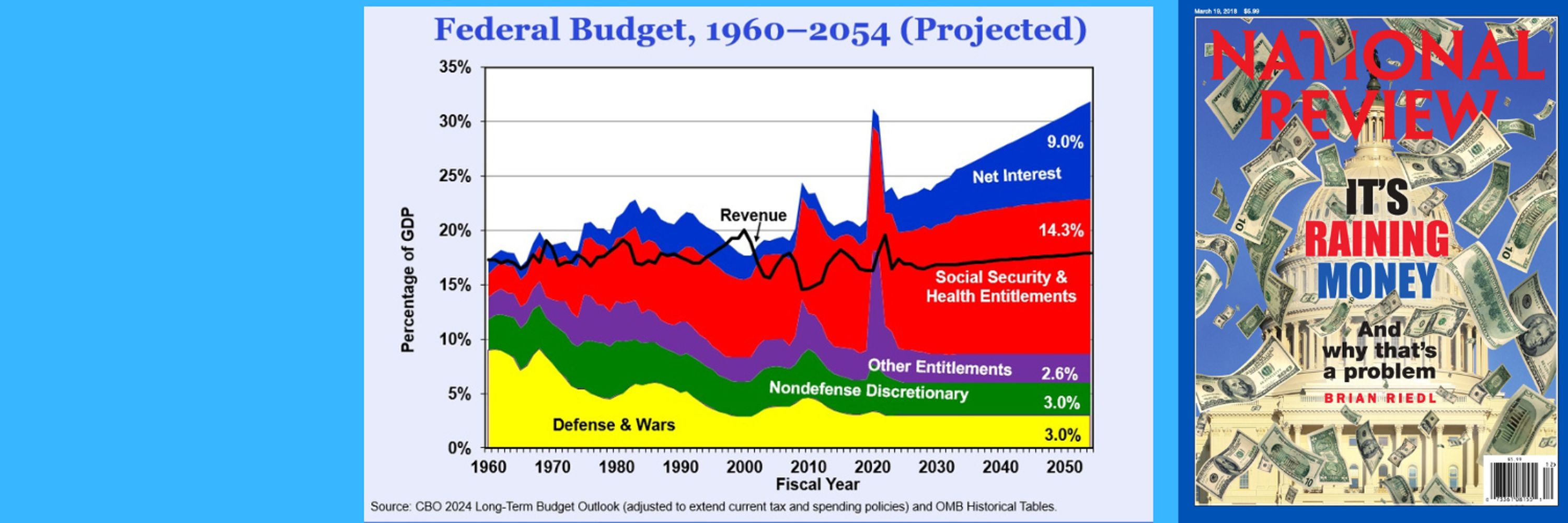
Jessica Riedl
@jessicabriedl.bsky.social
8.2K followers
190 following
360 posts
Sr. Fellow @ManhattanInst. Past: Sen. Portman chief economist (2011-17), DC think tanker (2001-11), budget policy @ 4 prez campaigns. Independent. Formerly Brian Riedl. Views mine.🏳️🌈
Posts
Media
Videos
Starter Packs
Pinned
Jessica Riedl
@jessicabriedl.bsky.social
· Nov 21
Reposted by Jessica Riedl
Trump on Mamdani: "He should be very nice to me. He's off to a bad start. I think it's a very dangerous statement for him to make."
Reposted by Jessica Riedl
Jessica Riedl
@jessicabriedl.bsky.social
· Sep 17
NEW from me. My new video for @reason.com says fine, tax the rich, but recognize that it cannot eliminate more than a small fraction of the soaring budget deficits. And no, those old 91% tax rates and the European tax systems do not prove otherwise.
www.youtube.com/watch?v=o0x1...
www.youtube.com/watch?v=o0x1...

The Uselessness of Taxing the Rich
YouTube video by ReasonTV
www.youtube.com



















